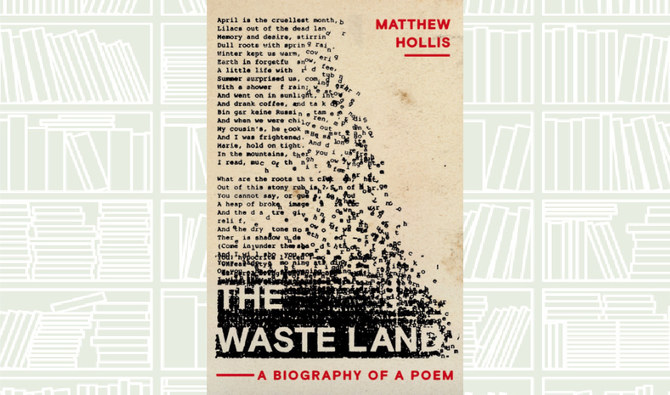Author: Matthew Hollis
Renowned as one of the world’s greatest poems, “The Waste Land” has been said to describe the moral decay of a world after war and the search for meaning in a meaningless era. A century after its publication in 1922, T. S. Eliot’s enigmatic masterpiece remains one of the most influential works ever written.
Matthew Hollis reconstructs the intellectual creation of the poem and brings the material reality of its charged times vividly to life.
He reveals the cultural and personal trauma that forged it through the lives of its protagonists — of Ezra Pound, who edited it; of Vivien Eliot, who sustained it; and of T. S. Eliot himself, whose private torment is woven into the seams of the work.


























